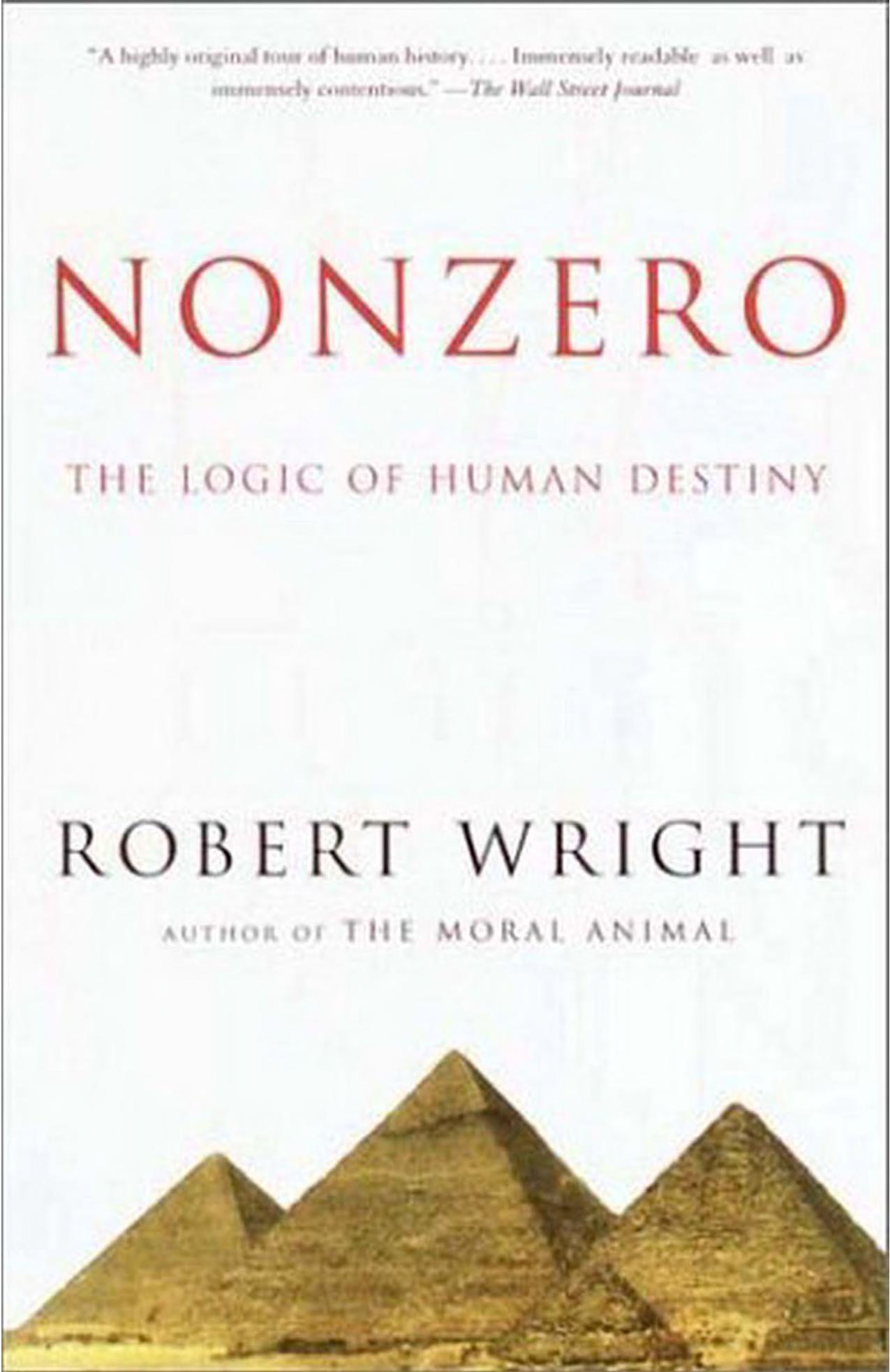Nonzero: The Logic of Human Destiny by Robert Wright

Author:Robert Wright [Wright, Robert]
Language: eng
Format: epub, mobi, pdf
Publisher: Vintage
Published: 2010-12-28T17:07:45.468000+00:00
BAD TRIBALISM MADE GOOD
And what of the more literal, more disturbing forms of tribalism? What of raw nationalism, or the ethnic balkanization of states? These do seem resurgent—not surprisingly, given the end of the Cold War and the march of technology. But at times they fall under new forms of supranational sway. Twice during the 1990s, arguments between nations over disputed islands wound up not in war but in the World Court. And in 1998 a Rwandan mayor was condemned to life in prison for abetting genocide—sentenced not by victorious enemies, but by a UN tribunal.
Indeed, there is growing reason to believe that, even as tribalism, galvanized by microelectronics, balkanizes nations, it will fit neatly into the New World Order. Quebec’s separatists vowed that, if liberated from Canada, their new nation would straightaway join NAFTA and the World Trade Organization. This would be a smart political move—a way for Quebec to bind itself to the United States, Mexico, and the larger world, diluting dependence on its recently divorced spouse. But whatever the motivation, the effect would be to cement Quebec into supranational bodies.
The same logic holds on the other side of the Atlantic. On the eve of European currency unification, polls showed that no nation supported the EU more strongly than Ireland. After all, membership in the EU affords the Irish some economic distance from the resented British. By the same token, if any of Europe’s separatist movements ever gain sovereignty—in northern Italy, Basque Spain, Corsica—expect them to have membership forms on the EU’s doorstep the next day.
Faced with this spectacle, we will once again find it hard to figure out which side is winning: Jihad or McWorld. Would this be a more tribalized or more globalized world? Or, to get back to the very beginning of this chapter: How do you do the accounting here? If in 2025 Italy splits in two, but both halves are plugged into a network of supranational governance more solid than anything that exists today—if, indeed, they’ve ceded large chunks of sovereignty by joining it—then has the number of sovereign polities in the world grown or shrunk? There is some point at which supranational governance becomes firm enough so that the things we now call nations are more like provinces. What is that point?
This question helps rectify the anomaly noted above: after the number of polities had fallen for most of human history, it rose during the twentieth century, as empires breathed their last. Now we can see continuity beneath this quirk. For as the number of “sovereign” polities grew, the degree of their sovereignty was waning. These were not, after all, the good old days of the Middle Ages, when states were expected to act as they pleased on the high seas and to treat visitors from other states with caprice. By the nineteenth century, the notion of international law had taken root, and the intangible strength of international norms was growing.
This new support for supranational rules was based largely on growing economic interdependence, which made war more and more a lose-lose game.
Download
Nonzero: The Logic of Human Destiny by Robert Wright.mobi
Nonzero: The Logic of Human Destiny by Robert Wright.pdf
This site does not store any files on its server. We only index and link to content provided by other sites. Please contact the content providers to delete copyright contents if any and email us, we'll remove relevant links or contents immediately.
| Fossils | Game Theory |
| Genetics | Molecular Biology |
| Organic | Paleontology |
Sapiens: A Brief History of Humankind by Yuval Noah Harari(14389)
Sapiens by Yuval Noah Harari(5369)
Pale Blue Dot by Carl Sagan(5007)
Homo Deus: A Brief History of Tomorrow by Yuval Noah Harari(4918)
Livewired by David Eagleman(3772)
Origin Story: A Big History of Everything by David Christian(3692)
Brief Answers to the Big Questions by Stephen Hawking(3435)
Inferior by Angela Saini(3313)
Origin Story by David Christian(3201)
Signature in the Cell: DNA and the Evidence for Intelligent Design by Stephen C. Meyer(3138)
The Gene: An Intimate History by Siddhartha Mukherjee(3098)
The Evolution of Beauty by Richard O. Prum(2997)
Aliens by Jim Al-Khalili(2829)
How The Mind Works by Steven Pinker(2816)
A Short History of Nearly Everything by Bryson Bill(2698)
Sex at Dawn: The Prehistoric Origins of Modern Sexuality by Ryan Christopher(2529)
From Bacteria to Bach and Back by Daniel C. Dennett(2484)
Endless Forms Most Beautiful by Sean B. Carroll(2482)
Who We Are and How We Got Here by David Reich(2437)
